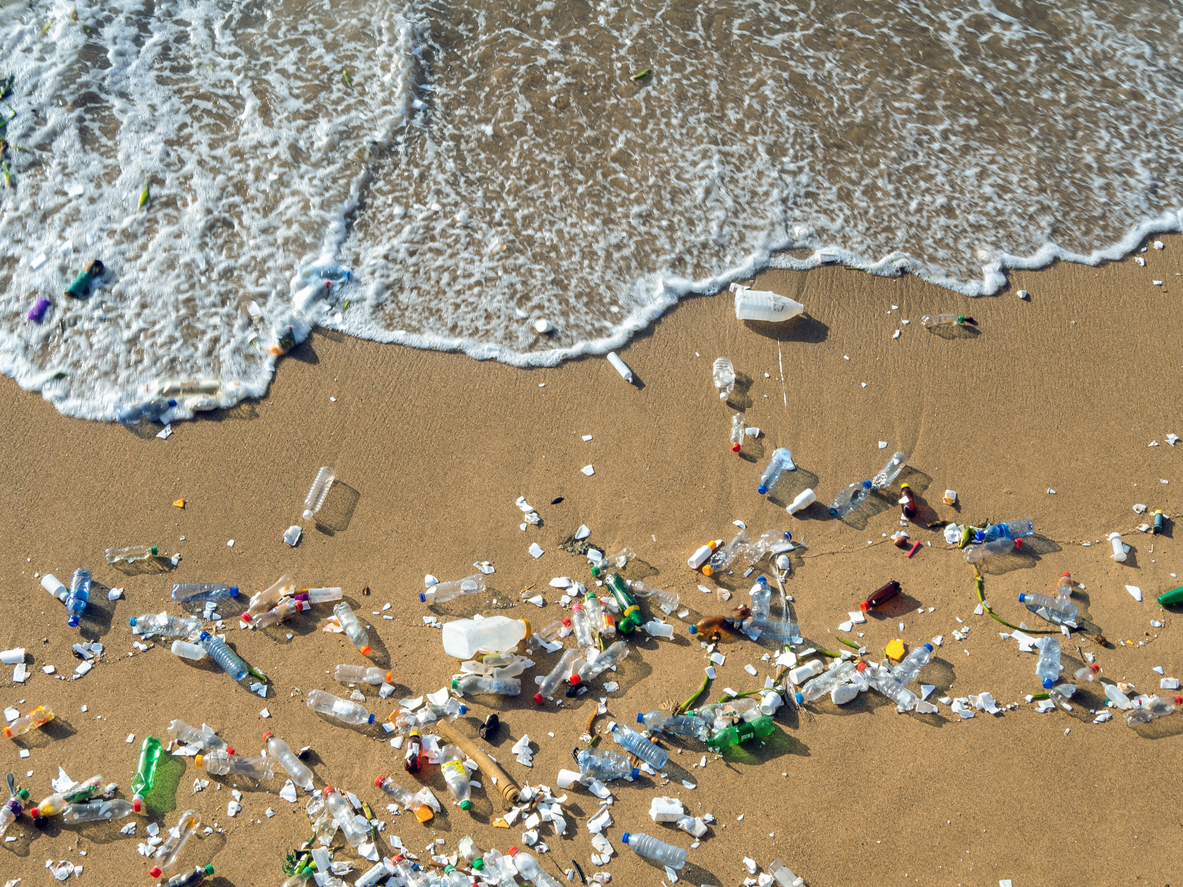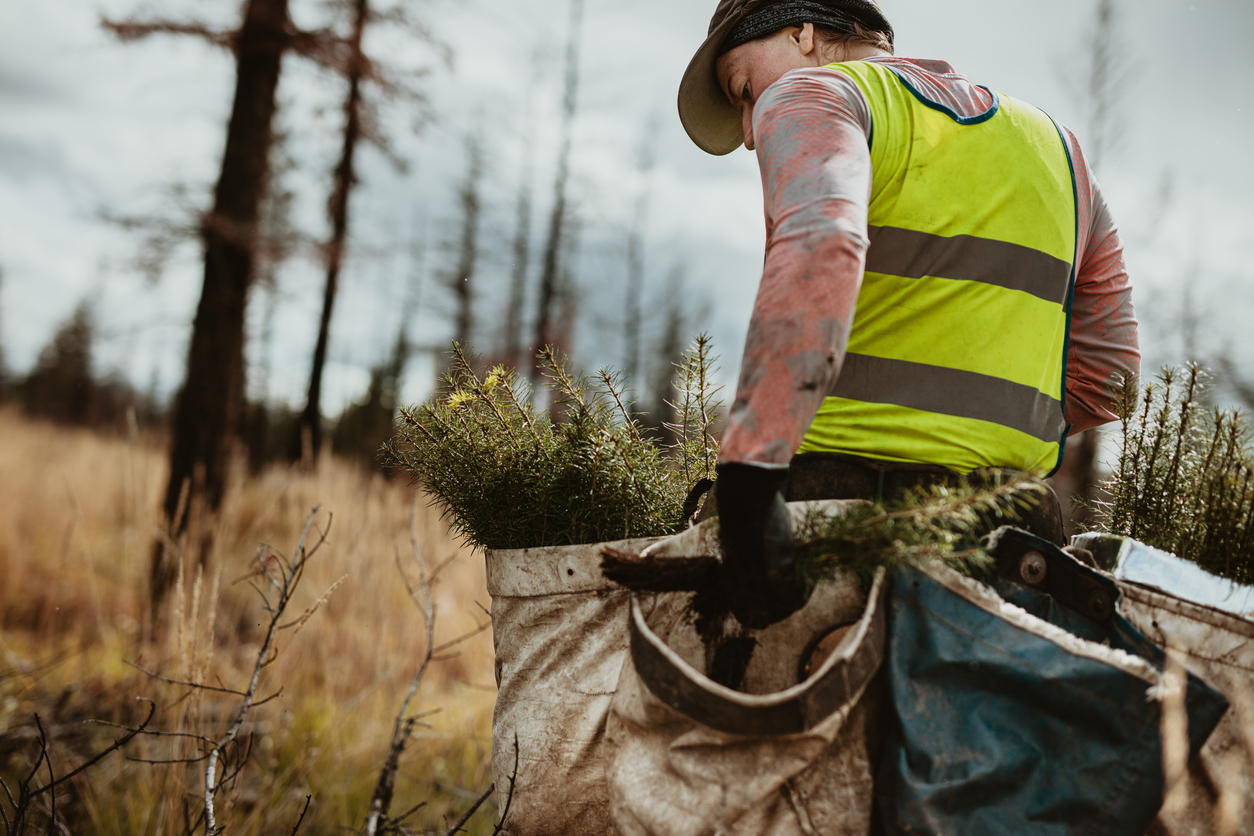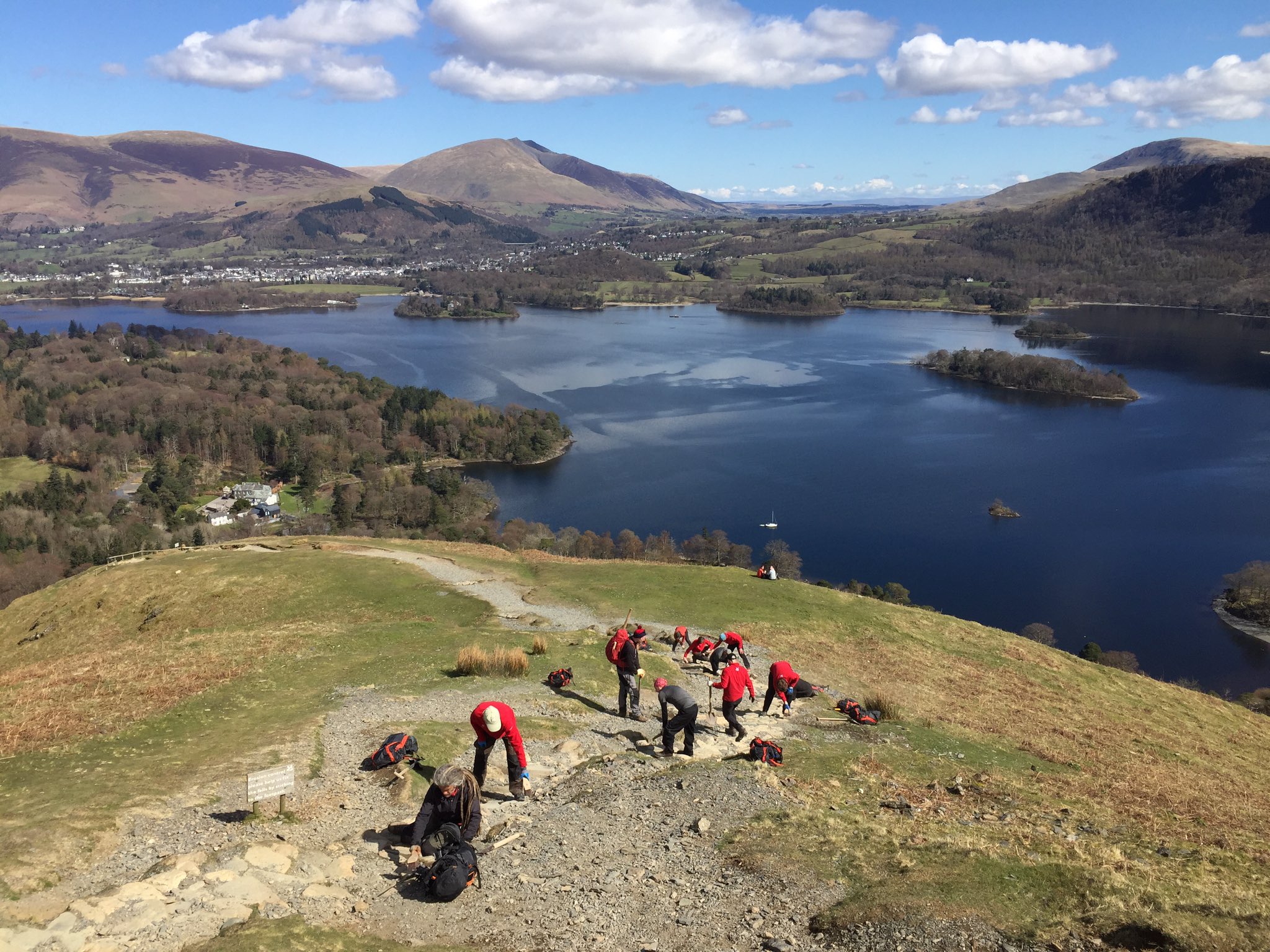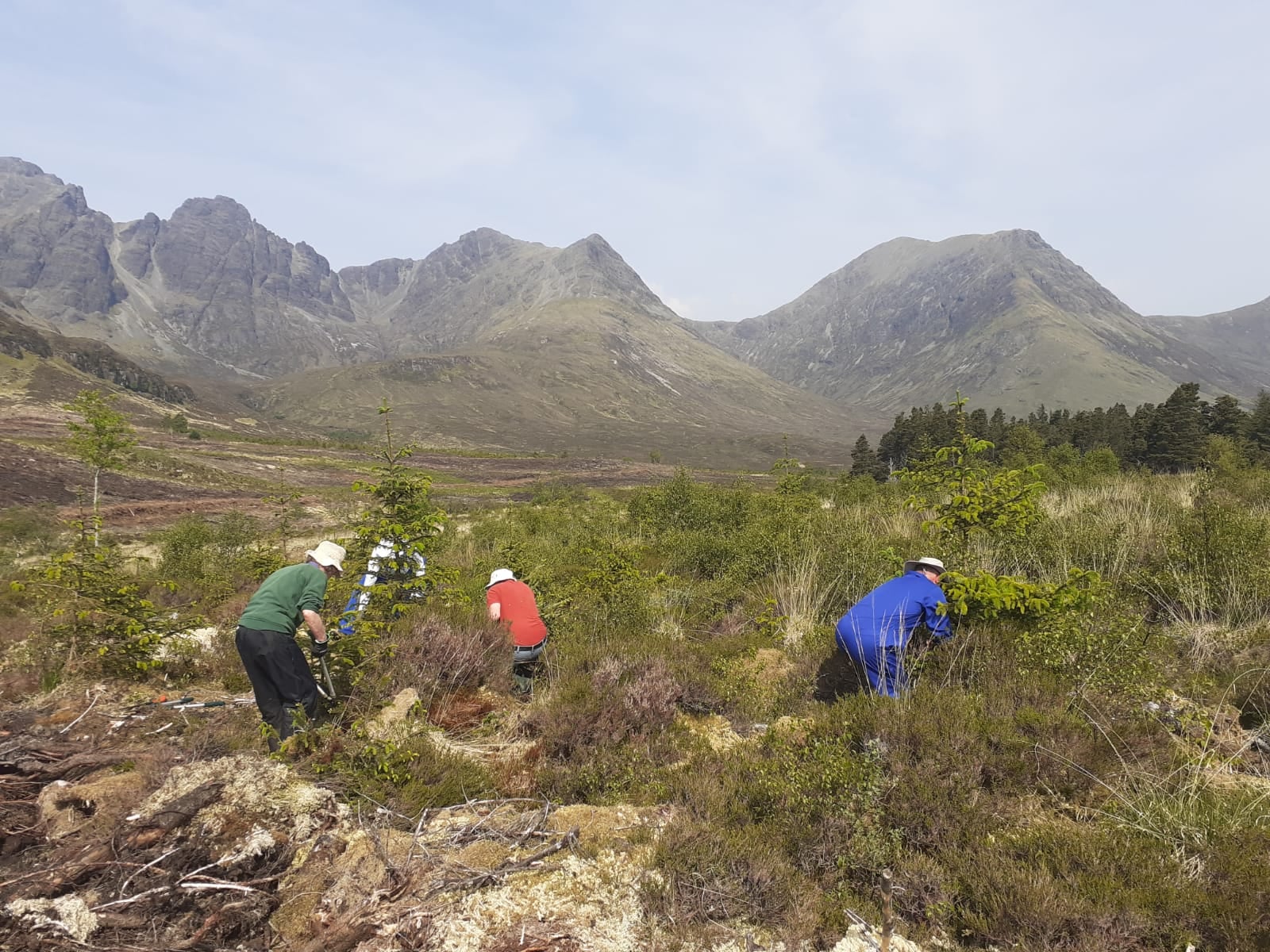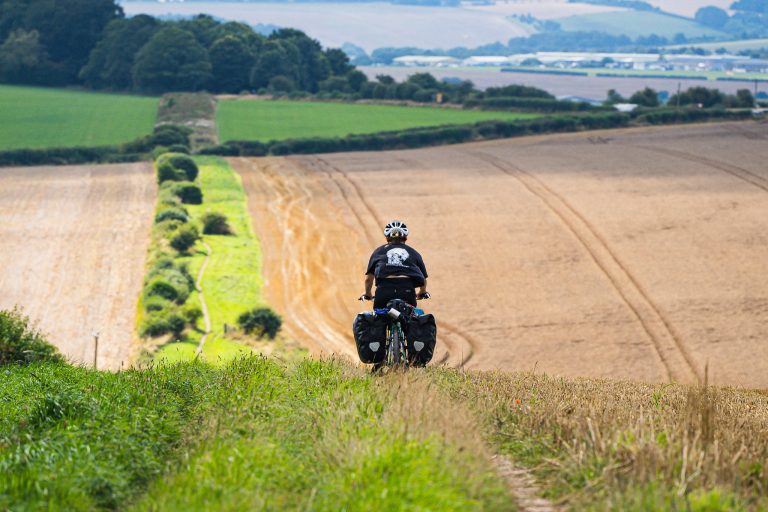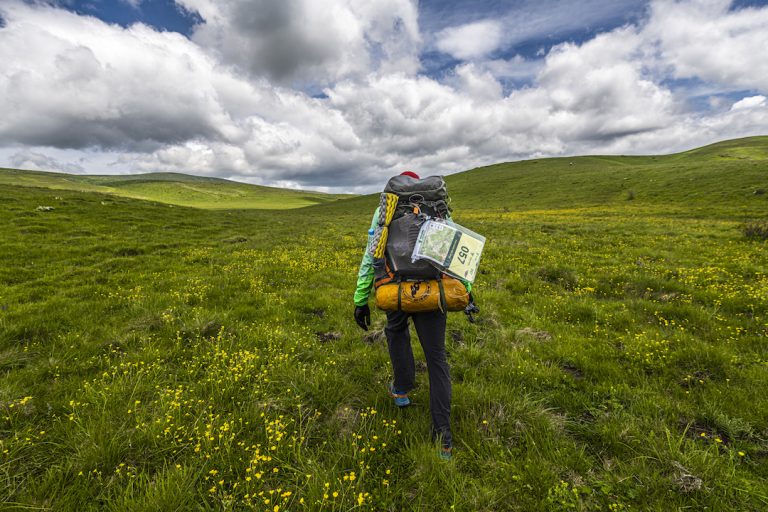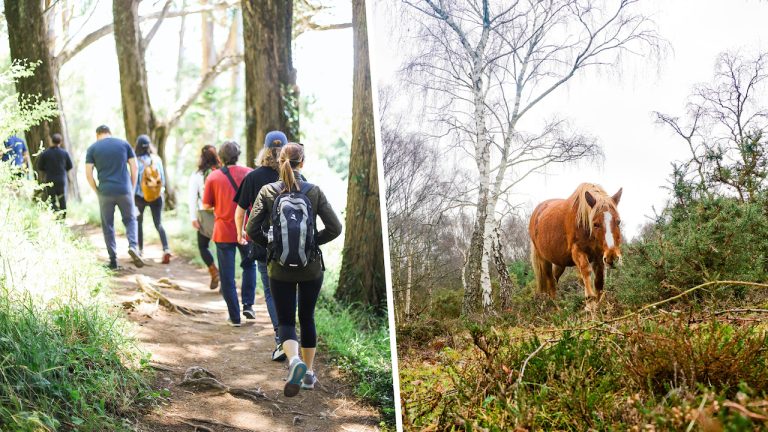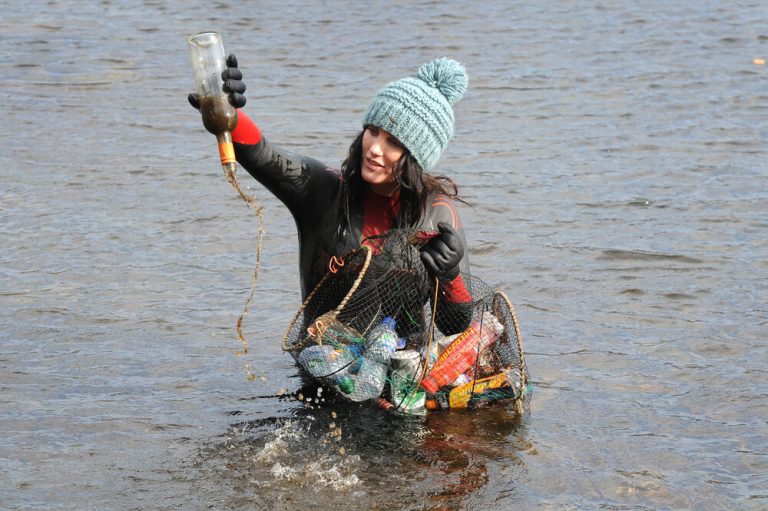Most dedicated hikers, campers, and general nature enthusiasts will be familiar with the principles of ‘Leave No Trace’ (LNT). Thankfully, this idea of responsible adventuring has become very much integrated into our outdoor trips, and for the most part, into the ethos of everyday life. And this is great. It really is. But beyond our individual responsibilities on multi-day hikes, cross-country camping, or bikepacking across the British Isles; what more can we do?
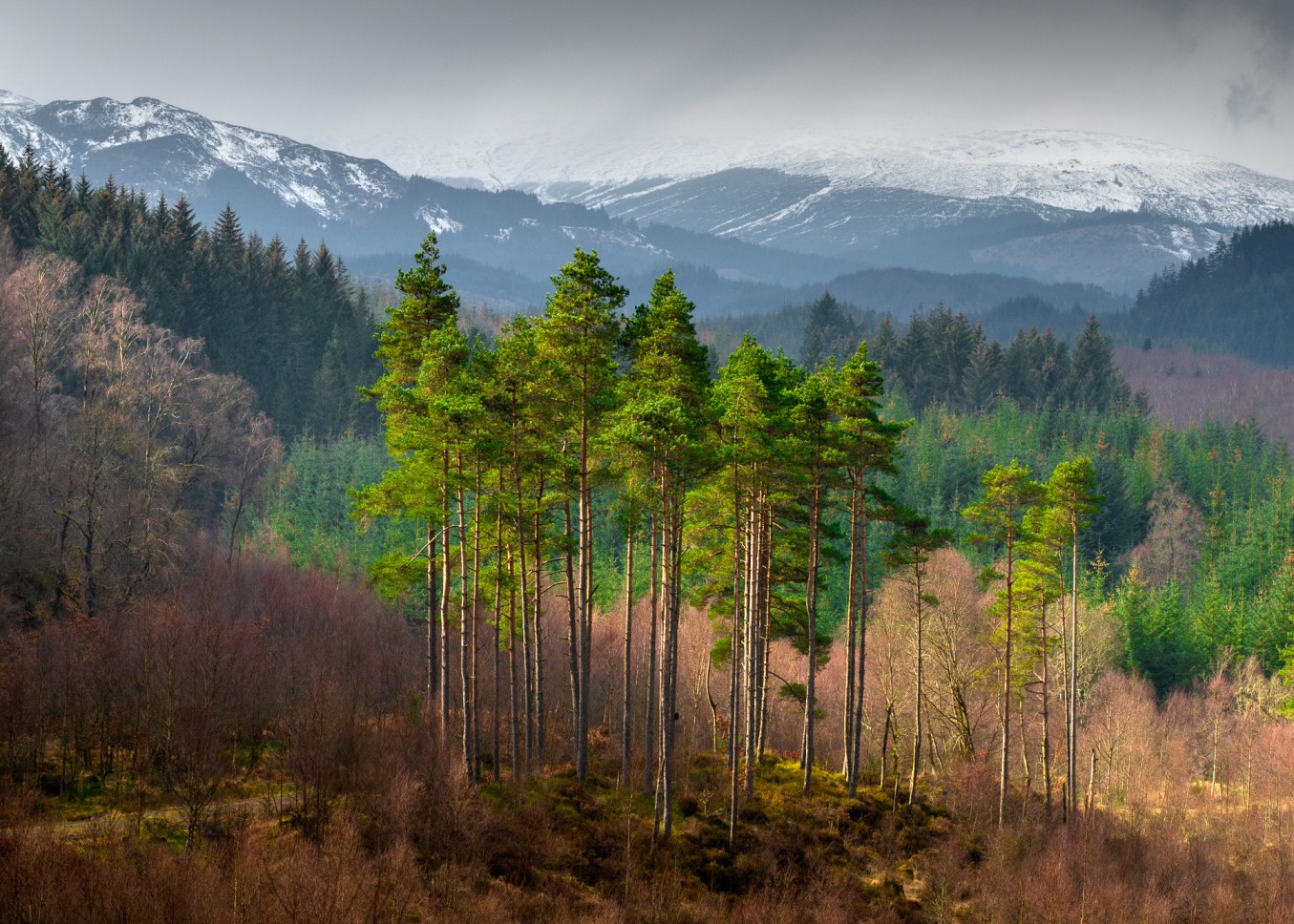
Though the ethics of LNT are handy for singular adventures, there’s a lot more we can do to help combat larger scale problems such as plastic pollution, deforestation, ever-increasing carbon emissions, and the like. Many organisations and outdoor influencers now encourage going one step further in removing or undoing the collective damage that’s already been done, rather than focusing on our individual impacts alone. In this sense, you leave a positive trace rather than no trace, and commit to leaving an area better off than when you found it.
Related: Mpora | The Environment
This might involve picking up other people’s litter, cleaning up waterways, rewilding or re-naturalising outdoor spaces (for example, putting stones back where they are meant to be, or restoring native trees to the area), volunteering in local forests and parks, or looking more sustainably at our buying habits and the harming effects of disposable capitalism. With this holistic view, we become more proactive as stewards of our natural environments, and address both our past and future impacts, as well as our impacts in the present moment.


